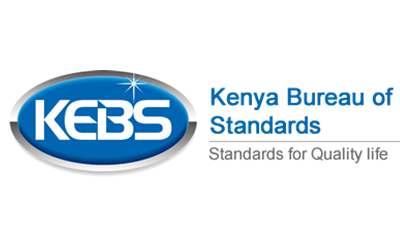
Testing
FAQ
1. Functions of Testing Services
- The primary function of the Testing Services is to provide tests in areas of Biochemistry, microbiology, food and agriculture, Engineering and Textiles
- It provides testing services to a wide range of clientele that include, but are not limited to: manufacturers, importers, exporters, 1. What Testing Services are provided?
- The laboratories test both locally manufactured and imported goods for compliance with Kenyan standards, regional standards, international standards and/or customer supplied standards/requirements.
2. What Products Can be Tested?
- Food and agricultural products
- Electrical and mechanical engineering products
- Building and construction materials
- Farming implements
- Utensils
- Textile Products – Fibres, Yams, Fabrics etc.
- Petroleum, Soaps, Spirits, Cosmetics, Plastics, Paints, Paper, Rubber and Writing Materials just to name a few.
- Healthcare products
- Healthcare products
.
3. How Much Does It Cost To Test My Product?
Testing charges are dependant on:
- Product
- Number of tests.
4. Which Testing Laboratories Are Available at KEBS?
- Food and agriculture
- E-laboratory
- Organic chemistry laboratory
- Inorganic chemistry laboratory
- Electrical laboratory
- Civil engineering laboratory
- Mechanical laboratory
- Microbiology laboratory
- Textiles laboratory
- Polymers laboratory
- GMO laboratory
- Gas analysis laboratory
5. How Long Does It Take To Test a Product?
The time taken to test your product is determined by:
- Sample type
- Number of testes per sample
- Specific tests per approved sample
- Method of analysis
Test results are released within 14 working days. Exceptions to this will be dictated by the test procedure.
6. Are KEBS Testing Reports Recognized Worldwide?
KEBS laboratories operate in accordance with requirements of the International standard ISO/IEC 17025. This standard specify requirement on technical competence of a testing laboratory and makes the results reliable and universally accepted.
7. Why Should I Get My Products Tested?
- To ensure safety to the consumer.
- To make sure that the manufactured products adhere to good manufacturing practices.
- To ensure that the product quality complies with requirements of the relevant standard.
- To protect environment
